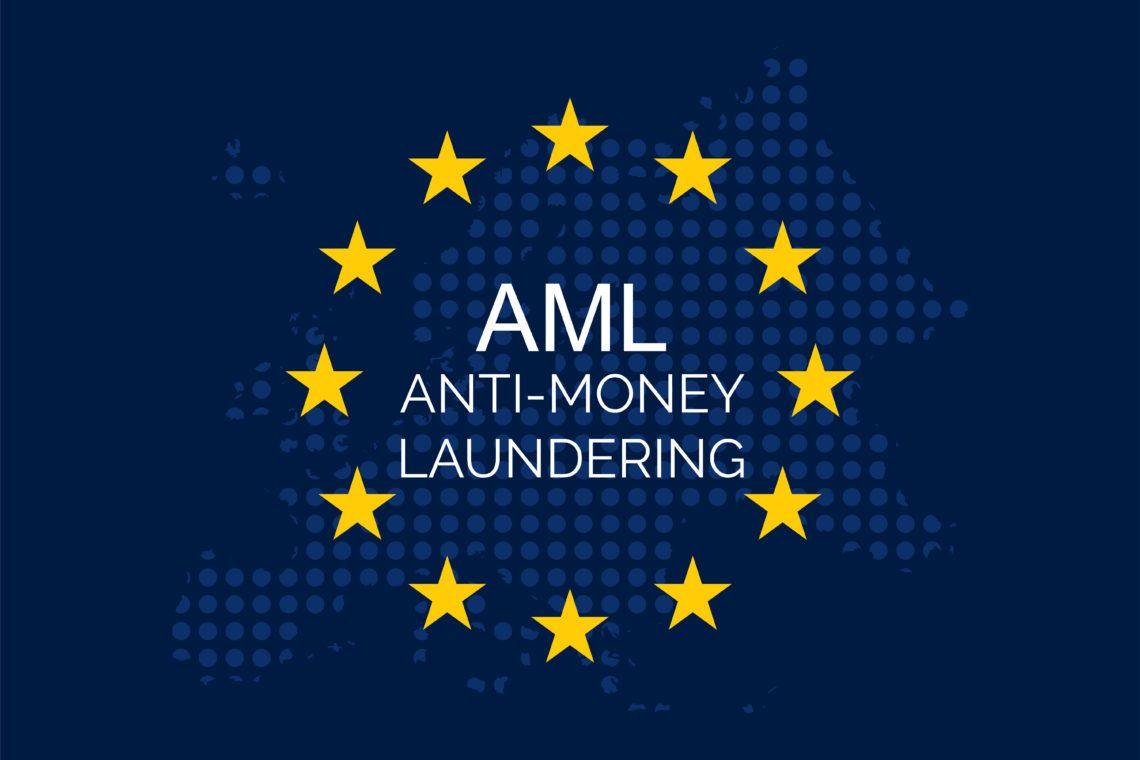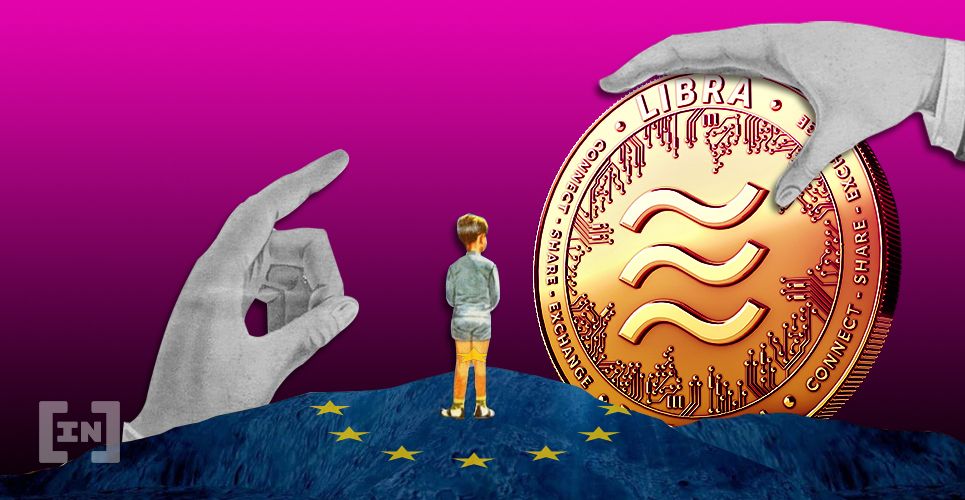The Fifth Anti-Money Laundering Directive (AMLD5) will soon go into effect and it will inadvertently boost the cryptocurrency industry in the EU. Under the new directive, cryptocurrency-related companies will be treated like any other business.
The blockchain sector has always seen regulation as the greatest roadblock. However, the latest installment of anti-money laundering laws in the European Union could change things.
New Law Gives Cryptocurrencies a Boost
The Fifth Anti-Money Laundering Directive (AMLD5) was officially signed into law in July 2018 and came into force on Jan 10 of this year. It groups all virtual assets and their providers as ‘obliged entities.’ According to Forbes writer Pawel Kuskowski, this places the cryptocurrency sector in the same legal category as banks, payment processors, gaming, and gambling-related services. In effect, this means that cryptocurrency-related businesses will be treated like any other. However, the AMLD5 goes further in boosting protections for the cryptocurrency industry. Banks now have to provide valid, individual justification to refuse services to a particular customer. It cannot simply ban services with cryptocurrency-related payment processors or companies. This will mean that millions more will finally be able to purchase virtual assets without bank meddling. Of course, the AMLD5 has its shortcomings and is by no means a cryptocurrency-centered directive. However, it allows an open door for the cryptocurrency industry to assert itself among other established sectors. It also clarifies some of the issues cryptocurrency-related firms had with the new AML standards by the Financial Action Task Force last year.
Of course, the AMLD5 has its shortcomings and is by no means a cryptocurrency-centered directive. However, it allows an open door for the cryptocurrency industry to assert itself among other established sectors. It also clarifies some of the issues cryptocurrency-related firms had with the new AML standards by the Financial Action Task Force last year.
EU Sets Sights on Blockchain
The European Union has been exploring cryptocurrencies and blockchain for some time now. Since 2016, workshops have been held and committees established to explore blockchain’s potential as BeInCrypto has reported on. There have also been calls for an ‘EU digital currency,‘ especially in the wake of Facebook’s unveiling of Libra last year. Although the EU is not actively promoting cryptocurrencies, its policies have opened the door for the blockchain industry to assert itself organically. With this latest directive, digital currencies have moved past a vital step — being treated on the same playing field as other businesses. The AMLD5 will thus have a significant impact on the European blockchain industry in the years ahead.
Although the EU is not actively promoting cryptocurrencies, its policies have opened the door for the blockchain industry to assert itself organically. With this latest directive, digital currencies have moved past a vital step — being treated on the same playing field as other businesses. The AMLD5 will thus have a significant impact on the European blockchain industry in the years ahead.
Top crypto platforms in the US
Disclaimer
In adherence to the Trust Project guidelines, BeInCrypto is committed to unbiased, transparent reporting. This news article aims to provide accurate, timely information. However, readers are advised to verify facts independently and consult with a professional before making any decisions based on this content. Please note that our Terms and Conditions, Privacy Policy, and Disclaimers have been updated.

Advertorial
Advertorial is the universal author name for all the sponsored content provided by BeInCrypto partners. Therefore, these articles, created by third parties for promotional purposes, may not align with BeInCrypto views or opinion. Although we make efforts to verify the credibility of featured projects, these pieces are intended for advertising and should not be regarded as financial advice. Readers are encouraged to conduct independent research (DYOR) and exercise caution. Decisions based on...
Advertorial is the universal author name for all the sponsored content provided by BeInCrypto partners. Therefore, these articles, created by third parties for promotional purposes, may not align with BeInCrypto views or opinion. Although we make efforts to verify the credibility of featured projects, these pieces are intended for advertising and should not be regarded as financial advice. Readers are encouraged to conduct independent research (DYOR) and exercise caution. Decisions based on...
READ FULL BIO
Sponsored
Sponsored
